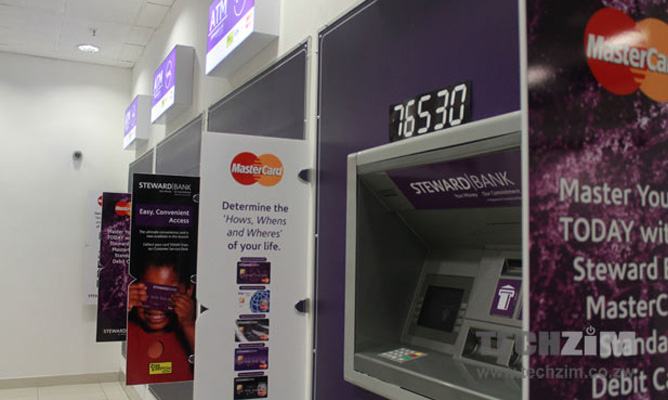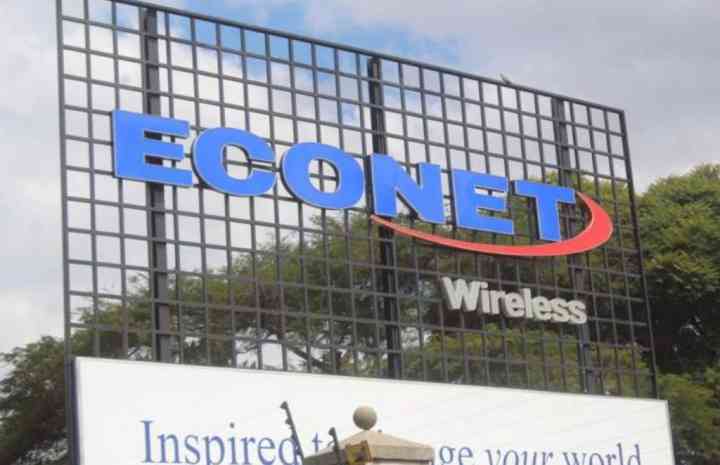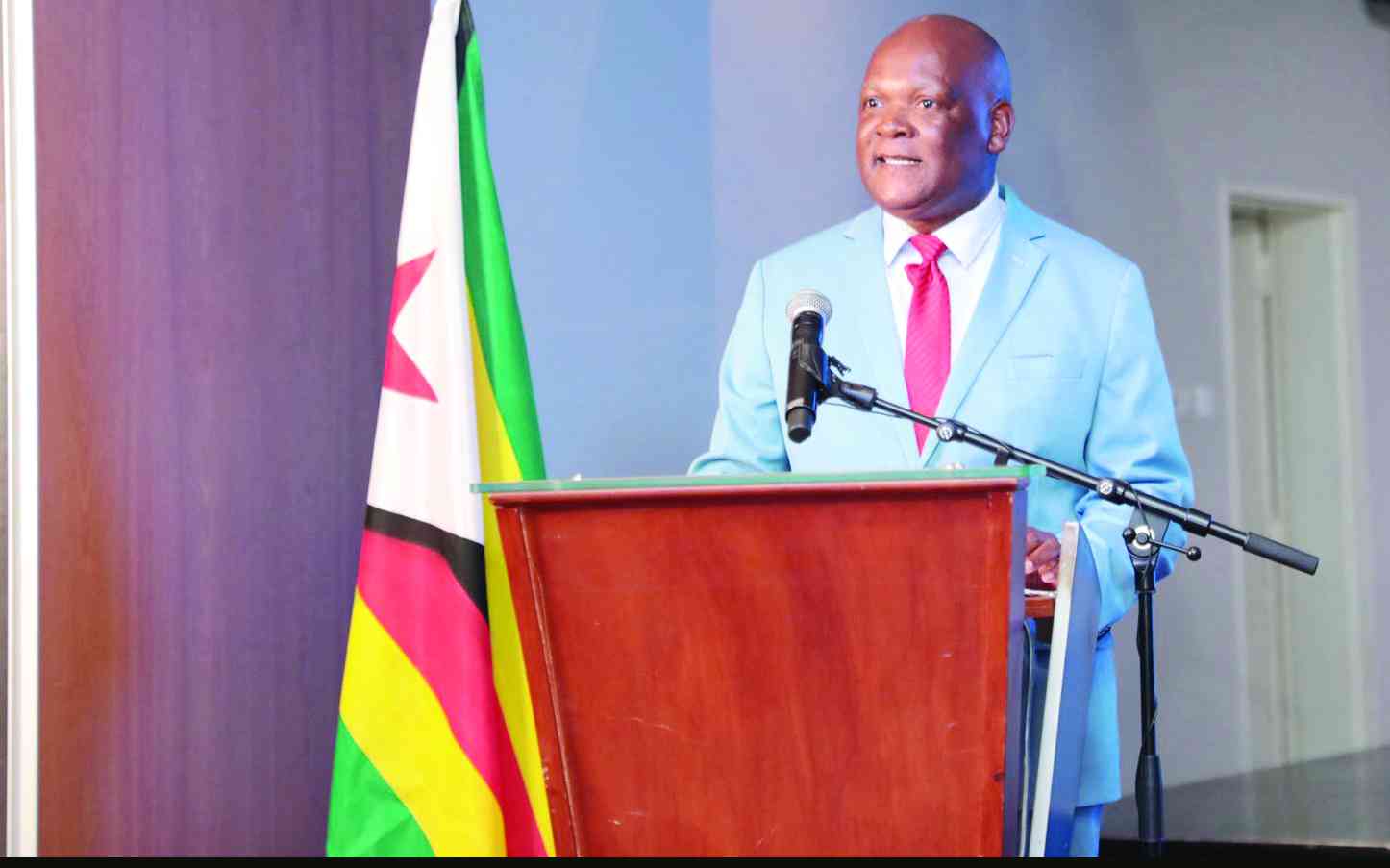
Online currencies and payments are the new wave sweeping across the world of fintech, and this has largely been triggered by the rising interest in cryptocurrencies, as well as the growth in smartphones and high-speed internet. Cryptocurrencies have perhaps never been as much in the news as they have over the last 12 months or so, and this is mainly due to the stunning rise in price that we have seen for Bitcoin, with other cryptocurrencies also hitting lifetime highs during this time. Additionally, the growing spread of smartphones and fast internet means that more and more people want everything at their fingertips now, and this includes payment options. Thus, these factors have led to a lot of interest and investment in online payment solutions, as well as digital currencies, and this trend is only set to accelerate in the coming months and years. We are already seeing the impact of this on various sectors, with online gambling being the best example. While online casino sites have seen a lot more traffic in 2020 due to the pandemic, one of the factors driving this has also been their adoption of cryptocurrencies. Many online casinos now offer their users the option to make bets and payments through cryptocurrencies, and this form of gambling has proven to be very trendy. This is just one example of how the growing interest in cryptocurrencies is changing the way many businesses operate, and digital payments is the present and future for economies, as projects such as MasterCard’s investment in Africa show.
The digital and card payments giant has launched a payment platform in Africa that will help clients adopt and use mobile-based payments. This is initially being launched across 40 African countries, with it being made available for use immediately in some of the biggest African economies such as Nigeria, South Africa, Kenya and Ghana. This solution will allow financial institutions to simplify their payment systems, and give them access to MasterCard products, which in turn can be offered to their customers, including digital wallets, P2P wallets and virtual cards. This is on the back of MasterCard’s investment in 2020 to expand its accelerated card program, which also included fintech and cryptocurrency firms, thus allowing them to directly issue payment cards to customers, backed by MasterCard.
These cards will make it easier for customers to buy, hold and exchange cryptocurrencies into fiat currency, and then use their cards to spend that currency anywhere in the world where MasterCard is accepted. At the moment, MasterCard will only allow currency in the form of fiat currency to enter their systems, which means that cryptocurrencies will need to be converted, either by using MasterCard’s program or other external exchanges, before it can be used on cards issued by MasterCard. However, merchants are free to offer customers rewards in the form of bitcoin or other cryptocurrencies for spending done on their MasterCard-issued cards.

This proposed payment platform for Africa has been launched in conjunction with MasterCard’s strategic partner, Network International, which is the largest enabler of digital commerce in the Middle East and Africa region. Through this platform, merchants will be able to accept payments from a host of payment types, including QR codes, USSD, contactless and Tap to Pay options, as well as the usual Point of Service options, through one interface.
This initiative by MasterCard is on the back of a big push by African governments and NGOs to support digital payments, as this will increase financial inclusion and improve financial security for millions of Africans. Physical payment infrastructure is still yet to be widespread across Africa, which is why mobile-based payment platforms are the best bet to bring digital payments to the continent.











